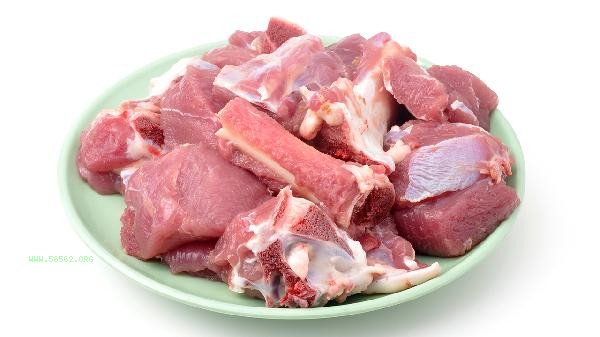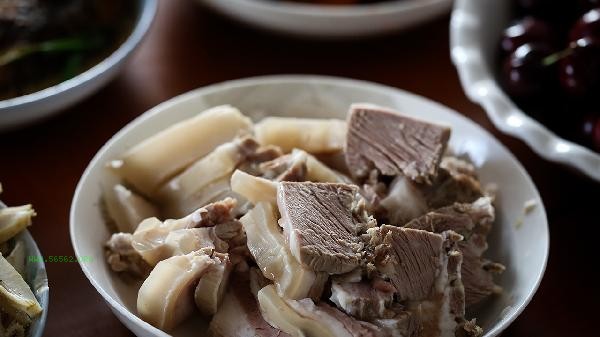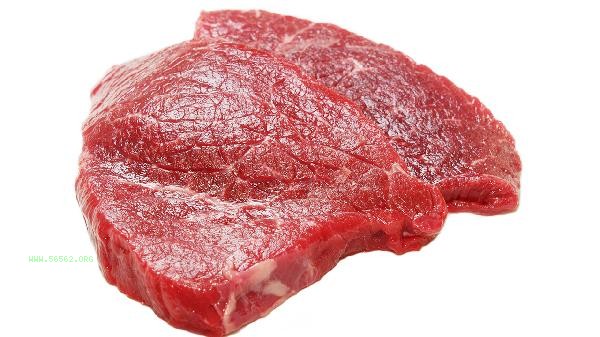Beef plays an important role in supplementing high-quality protein, promoting muscle repair, and enhancing exercise endurance for fitness enthusiasts. Beef is rich in nutrients such as creatine, iron, and B vitamins, which can help improve training performance and physical fitness.

1. Supplement high-quality protein
Beef is an excellent source of high-quality protein, with about 20 grams of protein per 100 grams of lean beef. Its amino acid composition is close to the human body's needs, especially rich in branched chain amino acids. These amino acids can directly participate in muscle synthesis, helping fitness enthusiasts repair damaged muscle fibers and promote muscle volume growth after resistance training. Compared to plant protein, beef protein has a higher bioavailability and can be more efficiently absorbed and utilized by the human body.
2. Promoting muscle repair
Creatine, naturally present in beef, is a key substance that enhances athletic performance, quickly providing energy to muscles and prolonging high-intensity training. The heme iron unique to red meat can prevent exercise-induced anemia and ensure muscle oxygen supply efficiency. Zinc is involved in testosterone synthesis, which has a positive regulatory effect on muscle growth. Regular and moderate intake of beef can shorten the recovery period after training.
3. Improving exercise endurance
The B vitamins in beef, such as vitamin B12 and niacin, directly participate in energy metabolism processes and help convert food into the energy needed for exercise. Taurine can delay muscle fatigue during exercise and enhance cardiovascular endurance. Beef with moderate fat content can provide sustained energy for long-term training and avoid hypoglycemia during exercise.

4. Maintaining Metabolic Health
Conjugated linoleic acid in beef has the effect of regulating body fat ratio, helping fitness enthusiasts control fat accumulation during the muscle building phase. Selenium, as an antioxidant, can alleviate oxidative stress damage after exercise, while carnitine promotes fatty acid metabolism. These nutrients work together to optimize the body composition of fitness enthusiasts.
5. Comprehensive and Balanced Nutrition
Compared to white meat such as chicken breast, beef provides richer mineral reserves such as iron and zinc, preventing common trace element deficiencies among female fitness enthusiasts. The soup made from cow bones contains collagen, which has a protective effect on joint ligaments. It is recommended to choose pork tenderloin and tendon meat with lower fat content and use healthy cooking methods such as steaming.

Fitness enthusiasts can arrange 3-4 times a week for beef intake, with a recommended limit of 150-200 grams per time. It is best to supplement dietary fiber with dark vegetables. Within 2 hours after training, it is the golden window period for supplementing beef protein, during which muscles have the highest absorption efficiency of nutrients. Attention should be paid to choosing fresh beef and avoiding additives in processed meat products. Hypertensive patients should control their intake frequency and temporarily fast during gout attacks. Pairing beef with whole grains, dairy products, and other foods can form a more complete nutritional supply system.







Comments (0)
Leave a Comment
No comments yet
Be the first to share your thoughts!